Exploring the connection between traditional and tropical fruitcakes
Jamaican Black Cake is a culinary masterpiece that fuses tradition, history, and rich flavors. A symbol of joy and togetherness, this dessert is a vibrant and delectable part of Caribbean culture. A tropical cousin to the traditional fruitcake, this cake is rooted in a fascinating blend of colonial influences, making it a staple in Jamaican weddings, holidays, and other special occasions. Join us as we uncover the origins of Jamaican Black Cake as well as when and how it's enjoyed, allowing us to deeply appreciate the ingrained traditions surrounding this delectable treat.

Historical Roots & Colonial Influences
The origins of Jamaican Black Cake, sometimes called Caribbean Black Christmas Cake or Caribbean Fruit Cake, are deeply intertwined with Jamaica's colonial history. Therefore, to understand the roots of this iconic dessert, we must delve into the historical context of Jamaica during the colonial period.
Jamaica, like many Caribbean islands, was first inhabited by the indigenous Taino people. However, the arrival of Christopher Columbus in 1494 marked the beginning of European influence on the island. While the Spanish were technically the first colonial power to establish a presence in 1510, by the mid-17th century, the British had taken control of Jamaica.
During the colonial era of the West Indies, Jamaica became a hub of the transatlantic slave trade, with enslaved Africans forcibly brought to the island to work on sugar plantations. This dark chapter in Jamaica's history had a profound impact on the island's demographic makeup and cultural identity, including its cuisine.
The Evolution of Jamaican Black Cake
The inception of Jamaican Black Cake can be traced back to the fusion of African culinary traditions with European influences. In the 17th and 18th centuries, English fruitcakes were popular in Britain. Typically made with dried fruits, nuts, and spices, fruitcake was especially present during festive seasons like Christmas. Having experienced the holiday tradition of fruitcakes at the hands of their captors, enslaved Africans took the concept of fruitcake and began adapting the recipe. By incorporating local ingredients and using the rich tapestry of culinary traditions brought with them from home, the enslaved people created a unique Caribbean version of fruitcake, Jamaican Black Cake.
Comparisons to European Fruitcake
While Jamaican Black Cakes and traditional fruitcakes share a common foundation in dried fruits, nuts, and spices, they diverge in key ways that make the former a unique and celebrated delicacy. Unlike the lighter and often drier texture of traditional fruitcake, Jamaican Black Cake is renowned for its dense, moist, and intensely flavored profile. The secret lies in the meticulous preparation of the fruits, which are soaked for weeks or even months in a potent concoction of dark rum and red wine, infusing the cake with a deep, complex taste.
Jamaican Black Cake's distinctive dark hue is owed to the addition of browning, a caramelized sugar mixture that contributes to both the color and a distinctive richness. This contrast in texture and appearance reflects the cultural nuances and regional preferences that have shaped the evolution of these two cakes over time.

Jamaican Black Cake Preparation & Enjoyment
Preparing Jamaican Black Cake is a labor of love that often involves a collaborative effort among family and friends. The process begins with the careful soaking of a variety of dried fruits, such as raisins, currants, and prunes, in the aforementioned rum and wine mixture. These spirits not only impart flavor but also serve as a natural preservative.
Once the fruits have absorbed the essence of the alcohol, they are combined with a luscious blend of butter, sugar, eggs, and a medley of spices, including cinnamon, nutmeg, and allspice. The final batter is then folded into a mixture of flour and breadcrumbs, creating a dense, moist cake that captures the atmosphere of the Caribbean.
Traditions Surrounding Jamaican Black Cake
Beyond its remarkable taste, Jamaican Black Cake is steeped in tradition. All components associated with preparing, making, and enjoying the cake are deeply revered. Making a Jamaican Black Cake is a communal affair, often starting months in advance of the anticipated celebration. It is also a family tradition, with recipe variations being methodically taught, thereby ensuring the continuity of this cherished culinary tradition.
When it comes to enjoying the cake, the act of slicing it is just as symbolic as making it. In contrast to the act itself, slicing the cake symbolizes unity, community, and kinship, which is why it’s common for families to exchange pieces with friends and neighbors to help foster a sense of community and togetherness.
When is Jamaican Black Cake enjoyed?
Jamaican Black Cake is predominantly enjoyed during special occasions and festive seasons, with its consumption often tied to traditional celebrations in Jamaican culture. Here are some key occasions when Jamaican Black Cake is commonly enjoyed and the meanings behind its inclusion:
- Christmas: Perhaps the most iconic time for indulging in Jamaican Black Cake is during the Christmas season. The cake is a staple on Jamaican Christmas tables, alongside other festive dishes. The act of sharing slices of Jamaican Black Cake during Christmas represents a gesture of goodwill and celebration.
- Weddings: Jamaican Black Cake holds symbolic significance in weddings. It is not uncommon for couples to include this rich dessert as part of their wedding celebrations. The tradition of sharing slices with wedding guests symbolizes prosperity, good fortune, and the sweetness of the union.
- Anniversaries & Life Milestones: Jamaican Black Cake’s dense and flavorful profile makes it an ideal choice for marking special moments and achievements in the lives of individuals and families.
- Religious Celebrations: Jamaican Black Cake’s presence on the table during religious celebrations adds a touch of indulgence to gatherings associated with religious holidays and observances.
- Family Reunions: When families come together for reunions or gatherings, Jamaican Black Cake often finds its way onto the dessert table. The communal and labor-intensive preparation of the cake makes it a fitting choice for events that emphasize togetherness and shared traditions.
While these occasions are the primary settings for enjoying Jamaican Black Cake, it's worth noting that the cake's popularity has grown, and people may choose to indulge in it at other times as well. Its unique and rich flavor profile, along with the cultural significance attached to its preparation and consumption, ensures that Jamaican Black Cake remains a cherished part of the culinary landscape in Jamaica.
Try Making One Yourself!
If you ever find yourself in Jamacia during the holiday season, make certain to try a slice of Black Cake. In the meantime, consider making your own at home to share the magic of this wonderful tropical tradition with your loved ones. Using this recipe, you can make your own unique alternative to the traditional American fruitcake. The process is quite involved, requiring at least one week to soak the included fruit. The recipe requires preparation and timing. Try it yourself to experience something new.
Jamaican Black Cake
Servings: 12 - 16 peoplePrep Time: 1 - 3 weeks
Active Cooking Time: 1.5 - 3 hours
INGREDIENTS
2 cups mixed dried fruits (raisins, currants, prunes, cherries)1 cup dark rum
1 cup red wine
1 cup unsalted butter, softened
1 cup brown sugar
4 large eggs
2 cups all-purpose flour
1 teaspoon baking powder
1 teaspoon baking soda
1 teaspoon mixed spice (cinnamon, nutmeg, allspice)
1/2 cup breadcrumbs
1/4 cup browning (for color)
1/2 cup chopped nuts (optional)
1 teaspoon vanilla extract
STEP 1 - Prepare the Fruits: Combine the mixed dried fruits with the rum and red wine in a large bowl. Let the fruits soak for at least a week, or ideally, for a few weeks. Shake the container occasionally to ensure even soaking.
STEP 2 - Preheat the Oven: Preheat your oven to 325°F (160°C). Grease and line a cake pan with parchment paper.
STEP 3 - Make the Batter: In a large mixing bowl, cream together the softened butter and brown sugar until light and fluffy. Add eggs one at a time, beating well after each addition. In a separate bowl, sift together the flour, baking powder, baking soda, and mixed spice.
STEP 4 - Combine Ingredients: Gradually add the dry ingredients to the butter and sugar mixture, mixing well. Add breadcrumbs, browning, and vanilla extract, continuing to mix.
STEP 5 - Fold in the Fruits & Nuts: Fold the soaked dried fruits and nuts (if using) into the batter until evenly distributed.
STEP 6 - Bake: Pour the batter into the prepared cake pan and smooth the top. Bake in the preheated oven for about 1.5 to 2 hours or until a toothpick inserted into the center comes out clean.
STEP 7 - Cool & Soak: Allow the cake to cool completely in the pan. Once cooled, prick the top of the cake with a skewer and drizzle with additional rum for extra flavor. Let it soak.
STEP 8 - Serve: Slice and serve the Jamaican Black Cake, savoring the rich and moist layers.
Final Fruitcake Thoughts
In the heart of Jamaican culture, the Black Cake transcends its status as a dessert and becomes a testament to the island's history, resilience, and vibrant traditions. Its rich flavors, meticulous preparation, and the sense of community it fosters make it more than just a treat—it’s a cultural icon. As we savor the dense, moist layers of Jamaican Black Cake, we not only indulge in a culinary delight but also partake in a centuries-old tradition that embodies the spirit of celebration, togetherness, and the enduring legacy of the Caribbean.
 Looking to celebrate with something a touch more familiar? Of course, there’s always our DeLuxe® Fruitcake! Available in a variety of styles and sizes, our DeLuxe® is a must-try Texas treat that’s bound to tantalize your tastebuds. Shop our full selection of DeLuxe® Fruitcakes today!
Looking to celebrate with something a touch more familiar? Of course, there’s always our DeLuxe® Fruitcake! Available in a variety of styles and sizes, our DeLuxe® is a must-try Texas treat that’s bound to tantalize your tastebuds. Shop our full selection of DeLuxe® Fruitcakes today!


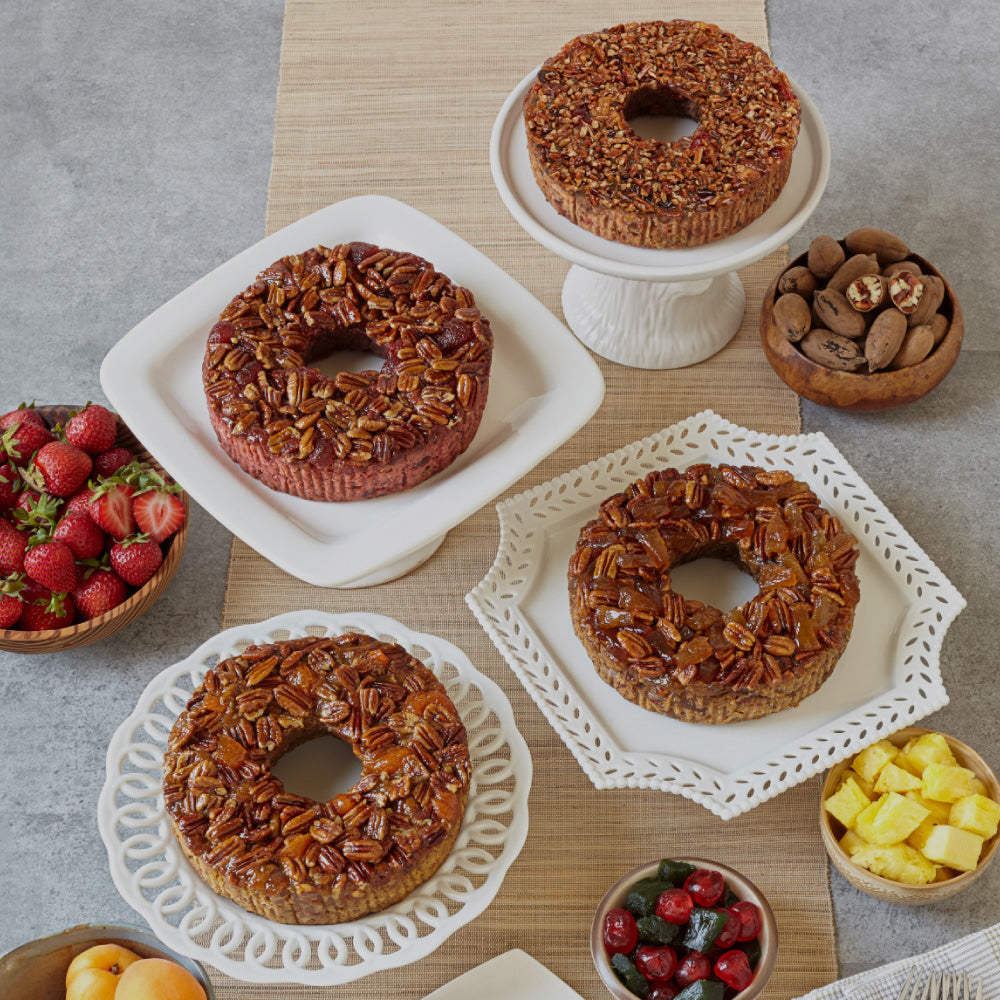
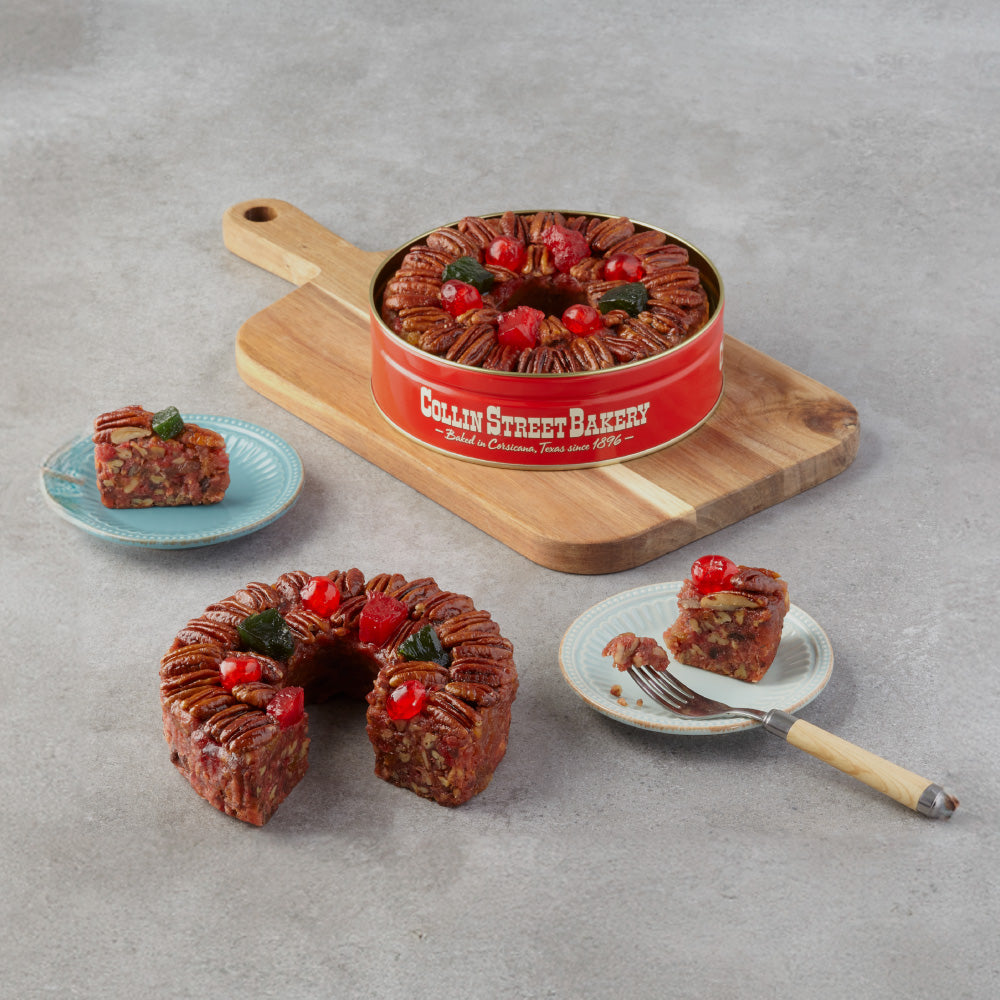
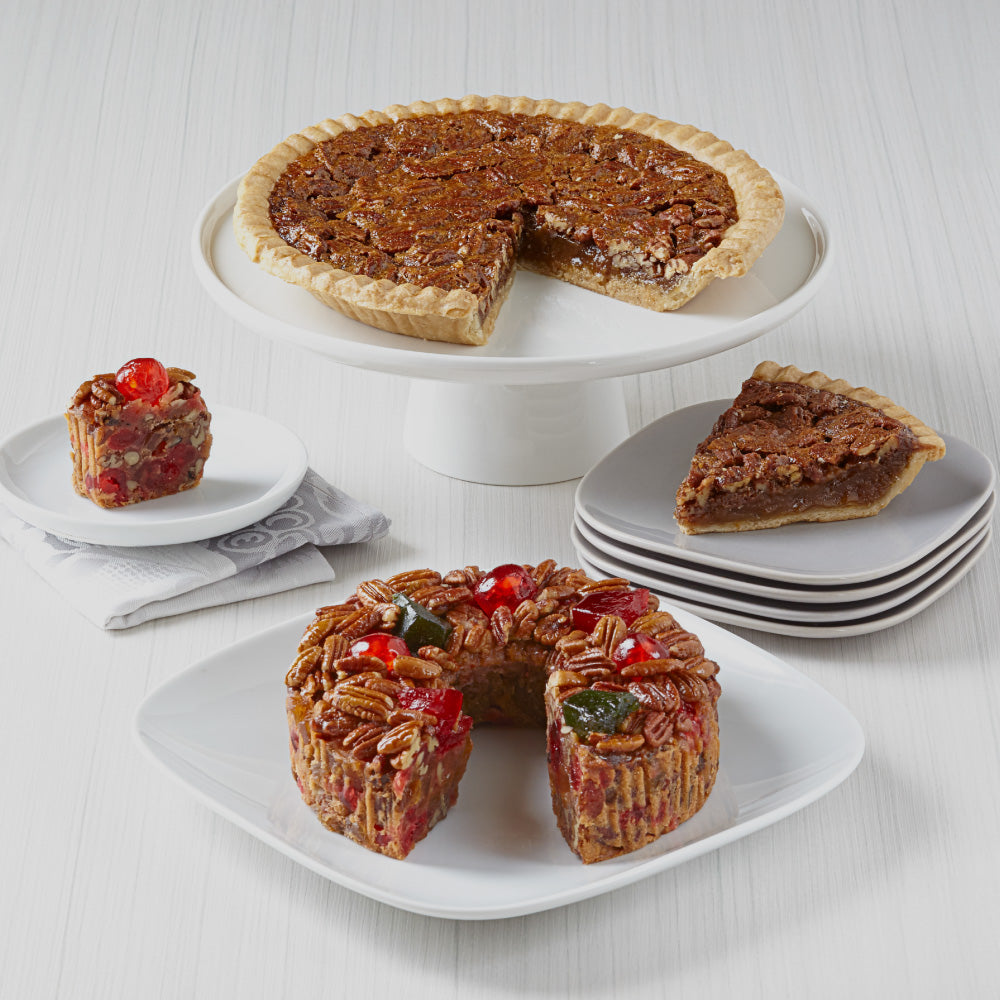
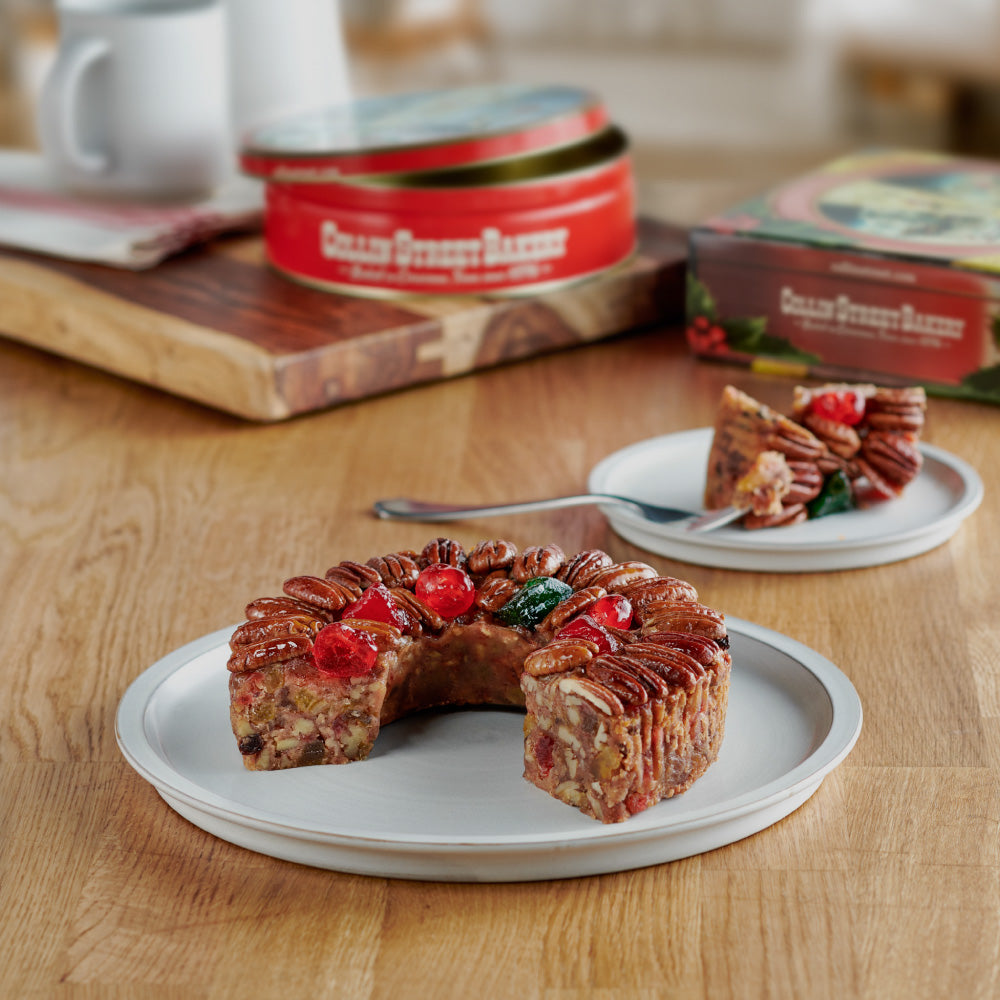



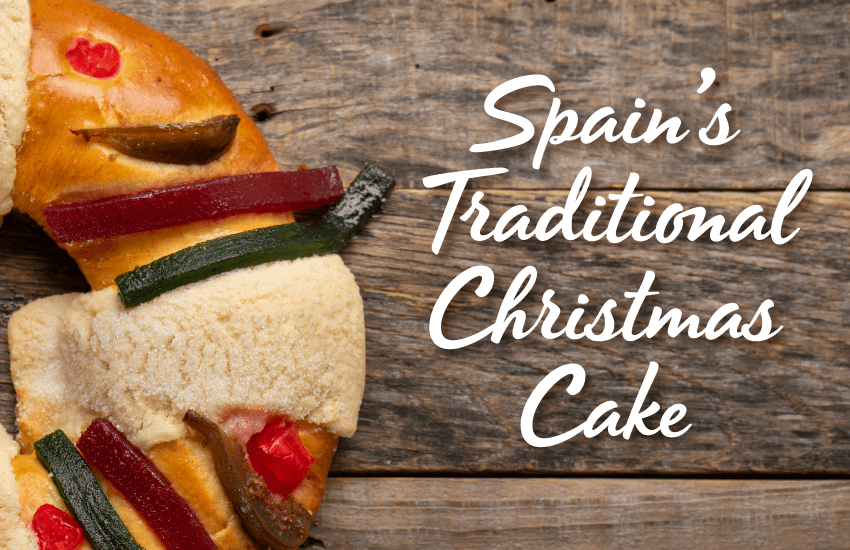
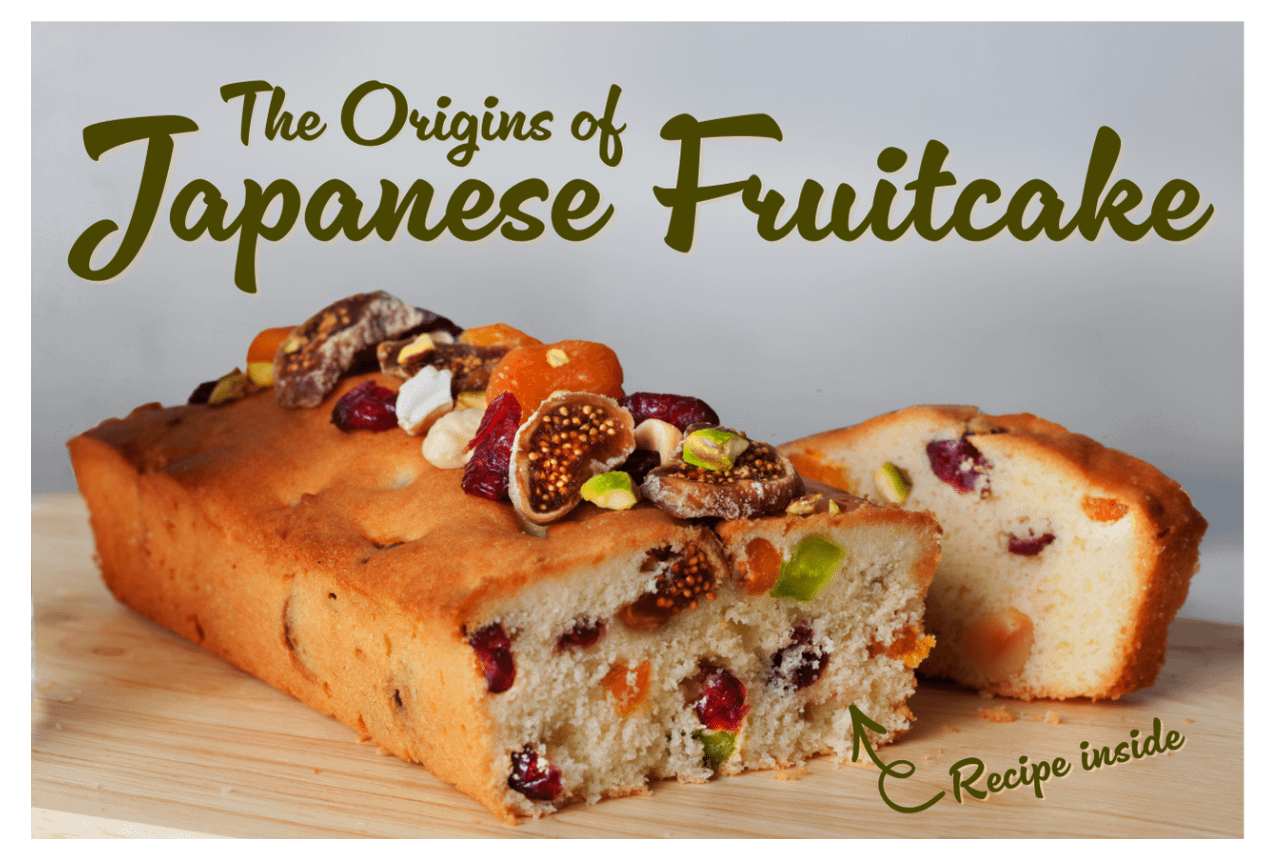
Leave a comment
This site is protected by hCaptcha and the hCaptcha Privacy Policy and Terms of Service apply.